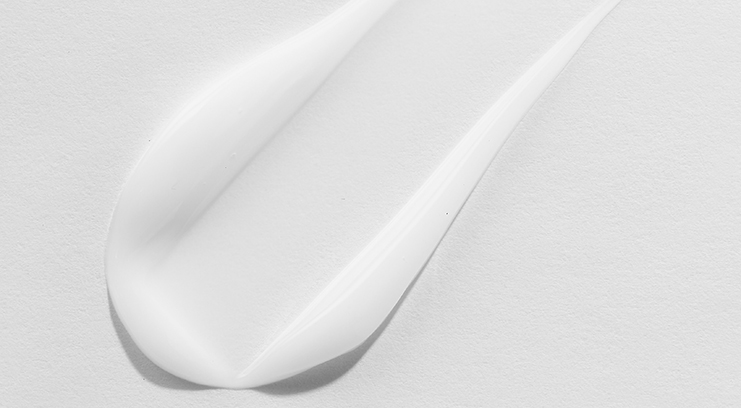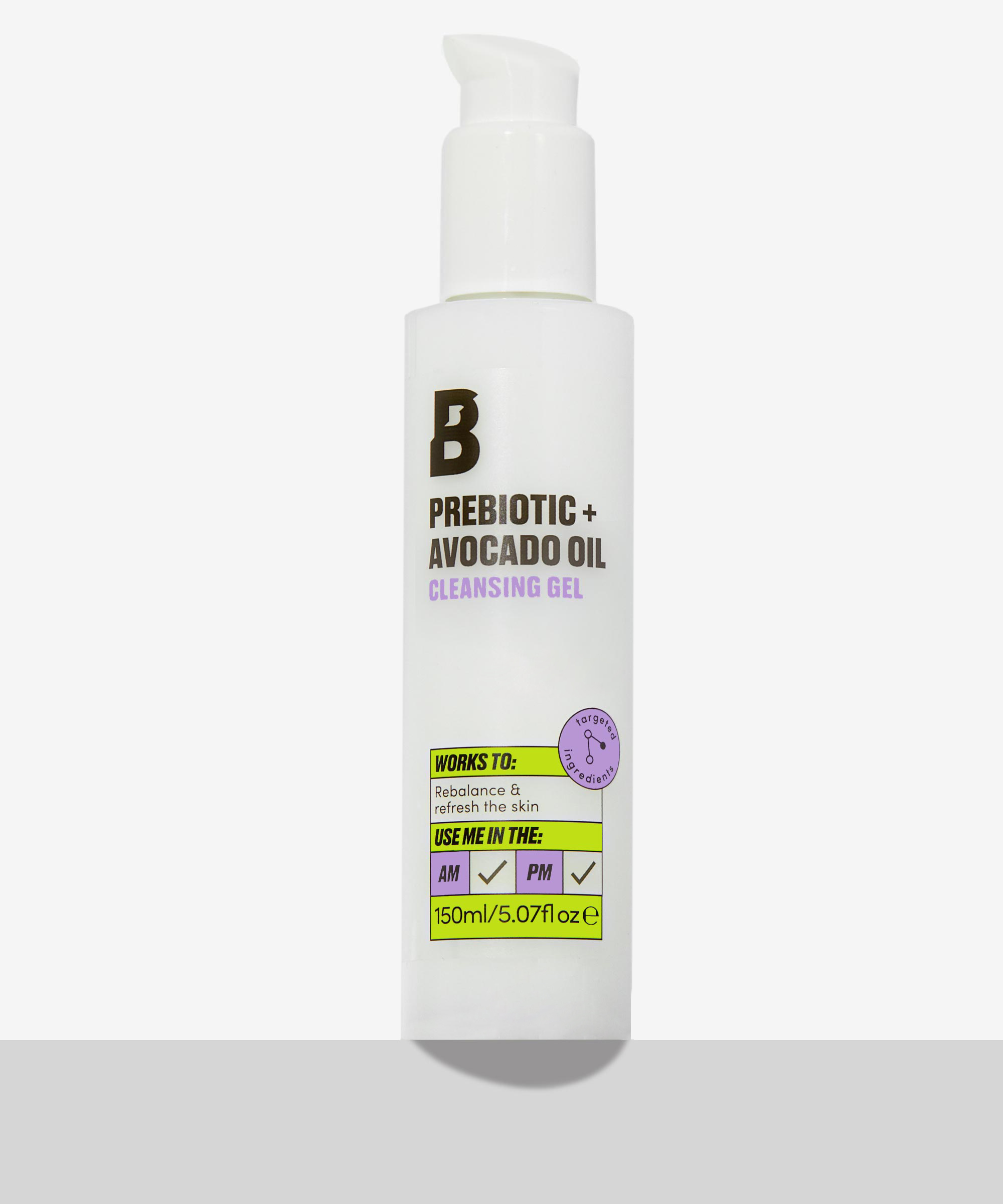You’re probably well briefed on the benefits of prebiotics in your diet – thank you yoghurt adverts – but are you up to date with the advantages of using prebiotics in your skincare?
Prebiotics are capable of solving many skin woes, from acne and environmental damage to dry and sensitive skin. Skincare by BEAUTY BAY have already tapped into the world of prebiotics with their Prebiotic + Avocado Oil Cleansing Gel but understanding the science behind these tiny microbes is complex.
Here are five things you need about the huge world living on your skin, and how to keep it happy.
Prebiotics are food for good bacteria
You are covered in bacteria; so much so there are more bacterial cells on your body than human cells. But they’re not all bad. There are lots and lots of good bacteria living on your body too and they work hard to fight off the bad bacteria, but they aren’t great at staying alive, it seems. Which is why we have prebiotics. Prebiotics are essentially food for the good bacteria, so they have enough energy to fight bad bacteria and prevent acne, redness and eczema.
Don’t confuse prebiotics with probiotics
Ok, so this is where the real science begins. There are two types of ‘biotic’ that can be easily confused: PREbiotics and PRObiotics. Prebiotics are food strains, while probiotics are the live bacteria that naturally live on the skin. Both are equally good at calming the skin and helping to prevent bad bacteria from taking over.
You would think, giving the skin more probiotics would help win the battle against the bad bacteria, right? Wrong. Probiotics have a rep for being fragile and unstable, especially in skincare, whereas prebiotics work as an energy source for the good bacteria already on your skin, fuelling them to fight the bad bacteria.
You need prebiotics to balance your pH levels
Your skin has a natural pH balance of 5,5, making it quite acidic (water has a neutral pH of 7). This acidity is mainly to help your skin prevent harmful bacteria from setting up camp and to help fight off free radicals which can cause our skin to age. But maintaining this pH acidity and fighting potential aggressors is by no means an easy feat.
Your skin’s natural pH can be affected by everything from air pollution and changes in the weather, to cosmetics and washing your face too often. Once that pH imbalance occurs, that bad bacteria can grow and cause acne, irritation and sensitivity. So, we need the prebiotics in our skincare to make sure our good bacteria have enough fuel in case our pH falls out of balance.
Prebiotics can help to prevent blemishes
Blemishes and blackheads occur on the skin when our pores become clogged with, a natural oil our skin produces, and dead skin cells already sitting on the surface of the skin. Bad bacteria feed off this gross cocktail, which can cause acne. Introducing a prebiotic into your skincare routine can help to stump the growth of acne causing bacteria, regulate sebum production, and reduce the likelihood of blemishes occurring.
The prebiotic in Skincare by BEAUTY Bay is a natural hydrator
There are lots of difference strains of prebiotic based on the food they’re derived from. Skincare by BEAUTY BAY’s Prebiotic + Avocado Oil Cleansing Gel features a powerful prebiotic called Alpha-Glucan Oligosaccharide (say that three times), which is known to help support the skin’s natural good bacteria.
But what makes Alpha-Glucan Oligosaccharide even better is its ability to bind water and prevent the skin from losing moisture it really needs. It also has a great reputation as a non-irritating prebiotic, making is perfect for sensitive skin.


